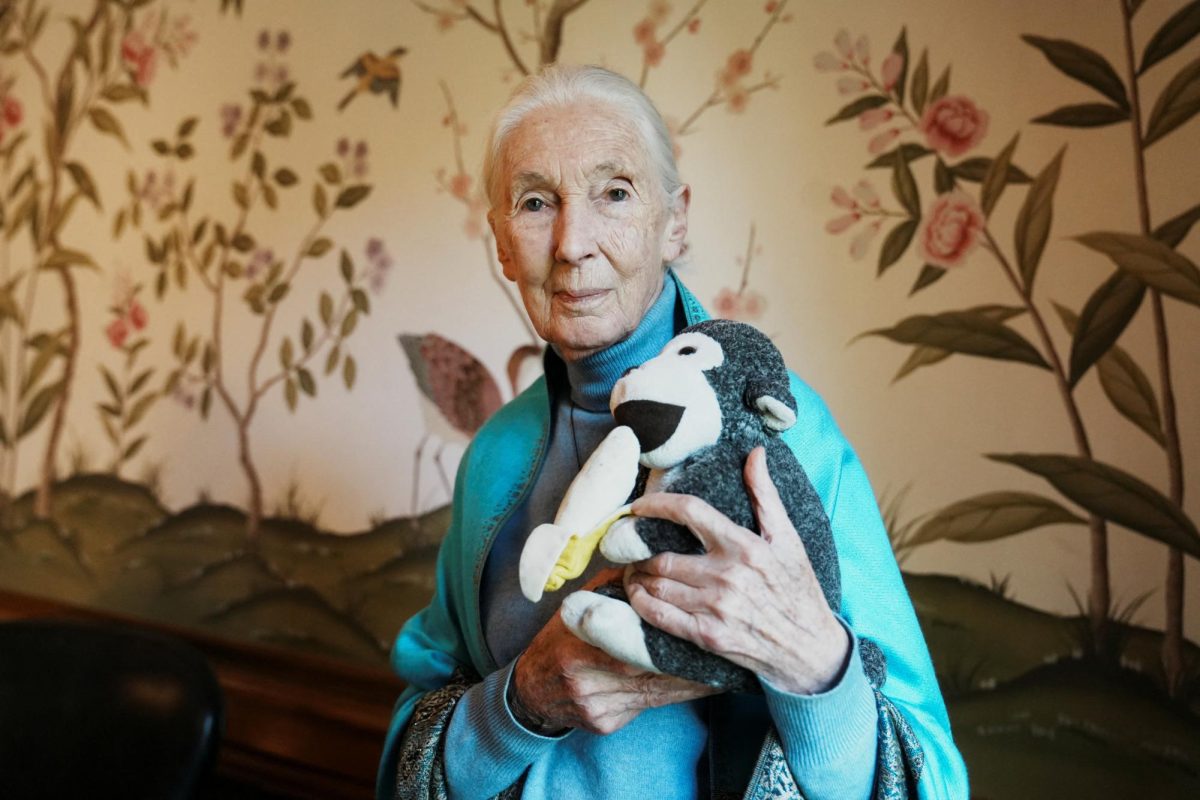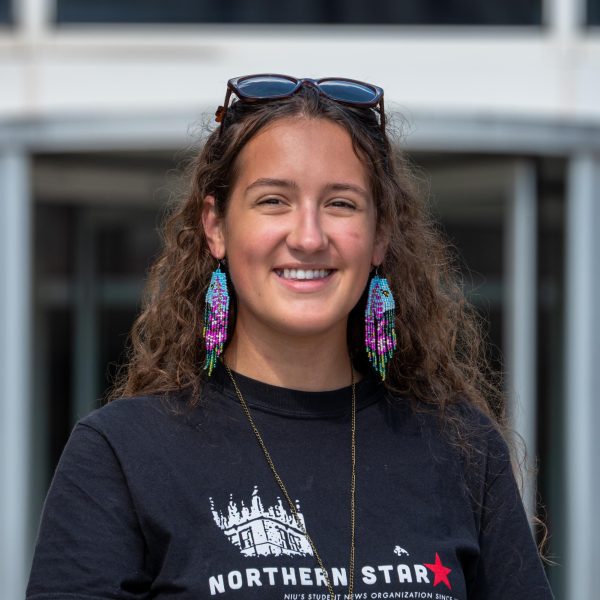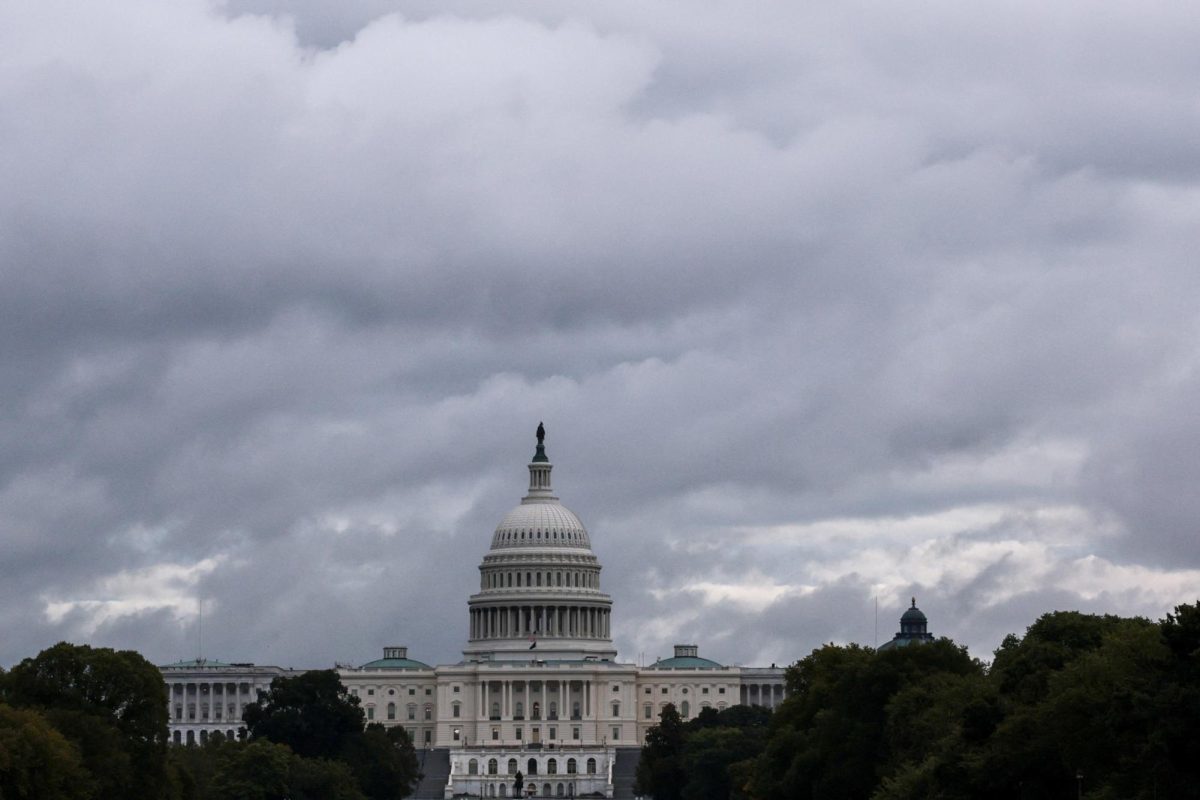Jane Goodall’s passing on Oct. 1 was a heartbreaking loss for the scientific community. Conservationists, naturalists, scientists of every discipline, animal lovers and each unique advocate for planet Earth can honor Goodall’s memory by supporting the causes she dedicated her life to.
Her courage, passion and scientific commitment have made her an incomparable role model that history will not forget.
FOR WILDLIFE
Goodall began her study of chimpanzees in Tanzania at age 26. Her adventure there and her observations would revolutionize our understanding of other primates: their connections to us, their value, their individual lives and what threatens them.
The complete impact she has had since those precious moments in the jungle is immeasurable, but her conservation work and the Jane Goodall Institute has contributed to the protection of at least 3.4 million acres of habitat. Her legacy inspires the work of countless primatologists, conservationists and environmental scientists – including Leila Porter, a primatologist and anthropology professor at NIU who has used field methods similar to Goodall’s to study saddle-back tamarins.
“We like to think of ourselves as separate from nature, as sort of the rulers of nature, but we’re actually just one member of the primate order, and we have these very close relatives that do things that are remarkably similar to us,” Porter said. “We are special, yes, we are different, and yes, we happen to control most resources on the planet, but we’re part of this bigger animal kingdom, and so I think we have to humble ourselves by remembering that there are other animals that are very similar to us, and it’s our duty to help share the planet with them and make sure we give them space to be able to live as well.”
FOR HUMANKIND
But as an activist for all life, Goodall’s impact has healed fractures in humankind, too. She understood the realm of people as impossible to sever from the natural world; humans too are organisms, animals, creatures dependent on Mother Nature.
“She’s also a pioneer in thinking about community building and thinking about human communities and how they can help with conservation efforts,” Porter said. “Because, certainly, there’s sometimes a tension between human development projects and conservation of natural areas. And she would argue that they must go together.”
Goodall was also an inspiration for countless women in STEM. An encouraging and empowering spirit, she pushed for opportunities in science for women and girls. In 2018, Goodall wrote an article for the Times magazine, “Being a woman was crucial to my success in a male-dominated field,” and explained how qualities deemed too “feminine” for science – such as empathy – advanced the meaning of her work.
Today, women make up 57% of the demographic in primatology.
“I think the fact that she was a woman and was one of the pioneers of primatology meant that there has been a very long history of women in primatology, so unlike some other sciences, we kind of outnumbered the men,” Porter said. “We could call it the ‘Jane Goodall effect,’ whether we knew it or not, we had this amazing role model to follow.”
THANK YOU, DR. GOODALL
For the spirit you infused in us, for the compassion and strength, thank you for reminding us of our individual power.
As scary as the state of our planet, government and future feels today – it’s more important than ever to remember Goodall’s philosophy for a solution: to have hope, look for the good and point it out to others.
Goodall’s work was at the conjunction of discovery and humility, and her methods of kindness during outreach are as necessary in science as innovation.
“She seems like, you could, you know, just go up to her, and she would love to hear, what are you doing?” said Porter, who saw Goodall speak at the 2016 International Primatological Society Congress. “I think that is part of the reason she could connect with people all over the world, is because she has this very humble, just sort of outlook on sort of the global population, like she’s one of us.”
Like no other before her, Goodall pulled together threads of science and society, environmental and social justice, compassion and reason to reveal nature’s forgotten tapestry of interconnected life.
We lost a rare soul on Oct. 1, but planet Earth remembers it: she sprinkles it in lush jungle habitats and in the brilliant minds of young scientists and activists. Keep believing, homo sapiens, we have so much still to accomplish, and we have so much hope.















